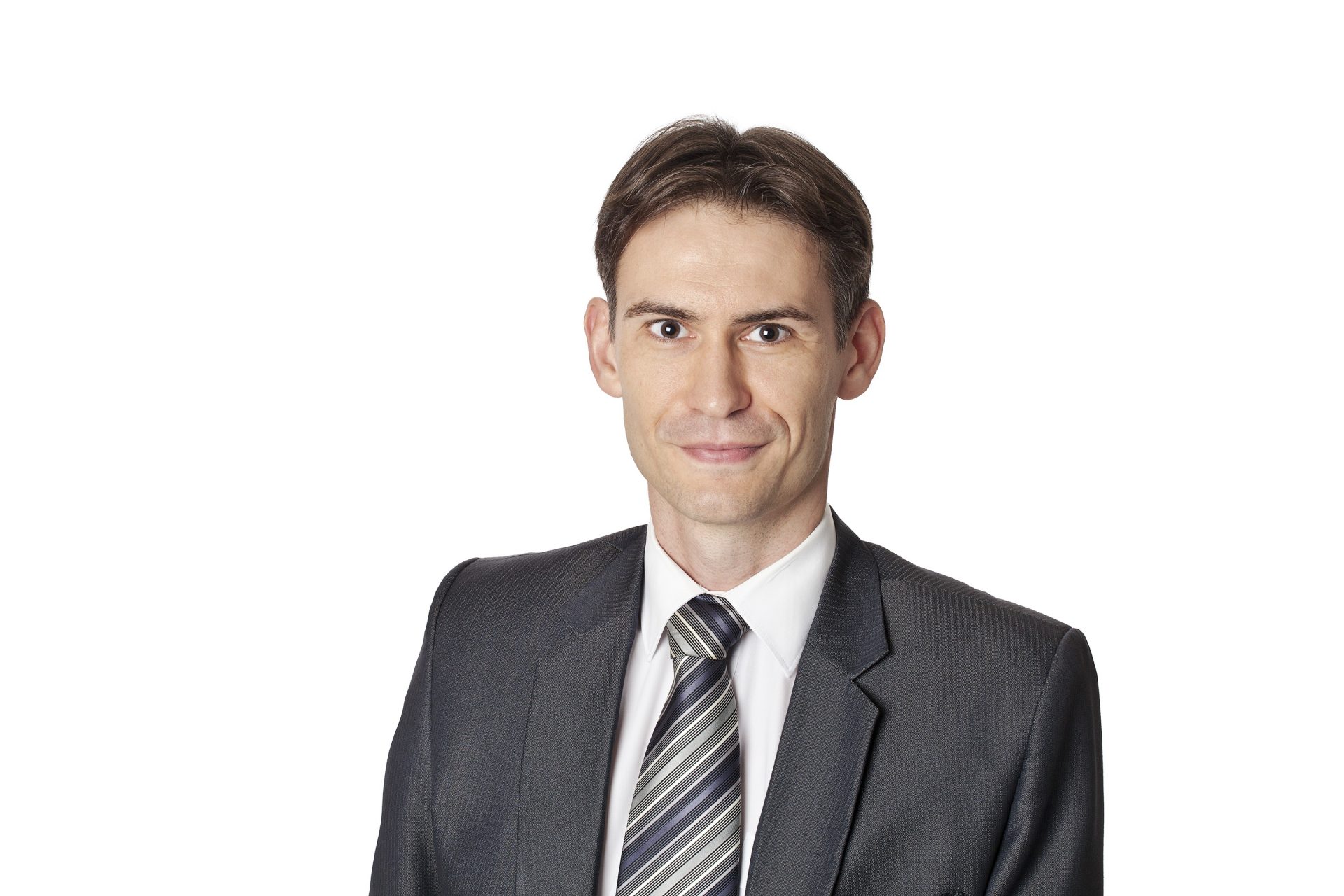
How Young Health Professionals Can Manage Lifestyle Creep – by Financial Planner Yves Schoof
As you progress through your career your income earning capacity will continue to increase and will probably accelerate the fastest in your 30’s and 40’s.
This is also the time when the demand on your income will be the highest due to mortgage repayments, school fees, holidays, etc.
The biggest mistake young health professionals make during this time is a tendency to keep spending more and more – it is a phenomenon often referred to as ‘lifestyle creep’.
You work hard, have very little time and may now like to enjoy some of the little luxuries of life: you may pay someone to do the cleaning and gardening, you may eat out more or go to better restaurants, you may drive a better car and live in a nicer house.
While these costs may seem rather insignificant in isolation, when added together they take a big chunk out of your increased income.
There are 3 main issues with lifestyle creep:
- Even though your income increases, your savings rate may go down – you are thus going backwards in terms of wealth accumulation;
- As your lifestyle expenses increase, so too will your need for a larger retirement nest egg, but as per the previous point, you may face a reduced savings capacity;
- There will come a time when your income flatlines or starts to reduce – however, it will be difficult to wind back your lifestyle and associated expenses.
So how should young health professionals manage their cashflow? There are a few points that I would like to raise:
- You should invest part of your increased income in your career by way of further education, and continue to upskill;
- You should make conscious decisions around spending and lifestyle – be mindful not to let your spending increase too rapidly;
- One way to manage your expenses is to save a particular percentage of any pay increase or bonus – 50% is a nice number to aim for;
- Another way to manage your cashflow is to ‘pay yourself first’ – work out what your priorities are and fund these goals first, before you get a chance to spend the money.
Managing your cash flow and your lifestyle is much easier and motivating if you have a plan that is aimed at achieving your personal values and goals.
If you would like to establish clarity and control regarding your financial affairs, please do not hesitate to contact me. I specialise in assisting Medical Professionals managing their financial affairs. It’s never too early to get started and take control of your financial future. Call me on 08 6160 5918.
About Yves Schoof
 I specialise in managing and coordinating the financial affairs of medical professionals and have been recognised as one of the best financial planners in Australia. I am a Certified Financial Planner and member of the Financial Planning Association of Australia.
I specialise in managing and coordinating the financial affairs of medical professionals and have been recognised as one of the best financial planners in Australia. I am a Certified Financial Planner and member of the Financial Planning Association of Australia.
As I understand your time is extremely valuable and scarce, I am able to offer flexible meetings times, including outside business hours and during the weekend. I can even come and meet you somewhere convenient, or talk via videoconference on Skype.
My first consultation is free. I allocate up to 90 minutes to discuss your personal circumstances and to establish how I may best assist you. Where you already have an existing adviser, I would be happy to offer a second opinion. I always quote a fixed dollar fee before we start working together.
Please contact me on yves@affluenceprivate.com.au or call me direct on 0432 885 295. You can follow me on Twitter @YvesSchoof or connect with me on Linkedin to receive new articles.
Disclaimer
Yves Schoof and Affluence Private Wealth are Authorised Representatives of Synchron, AFS Licence No. 243313.
The information posted is intended to be general in nature and is not personal financial product advice. It does not take into account your objectives, financial situation or needs.
Before acting on any information, you should consider the appropriateness of the information provided and the nature of the relevant financial product having regard to your objectives, financial situation and needs. In particular, you should seek independent financial advice and read the relevant product disclosure statement (PDS) or other offer document prior to making a decision.
More articles on My Health Career:
